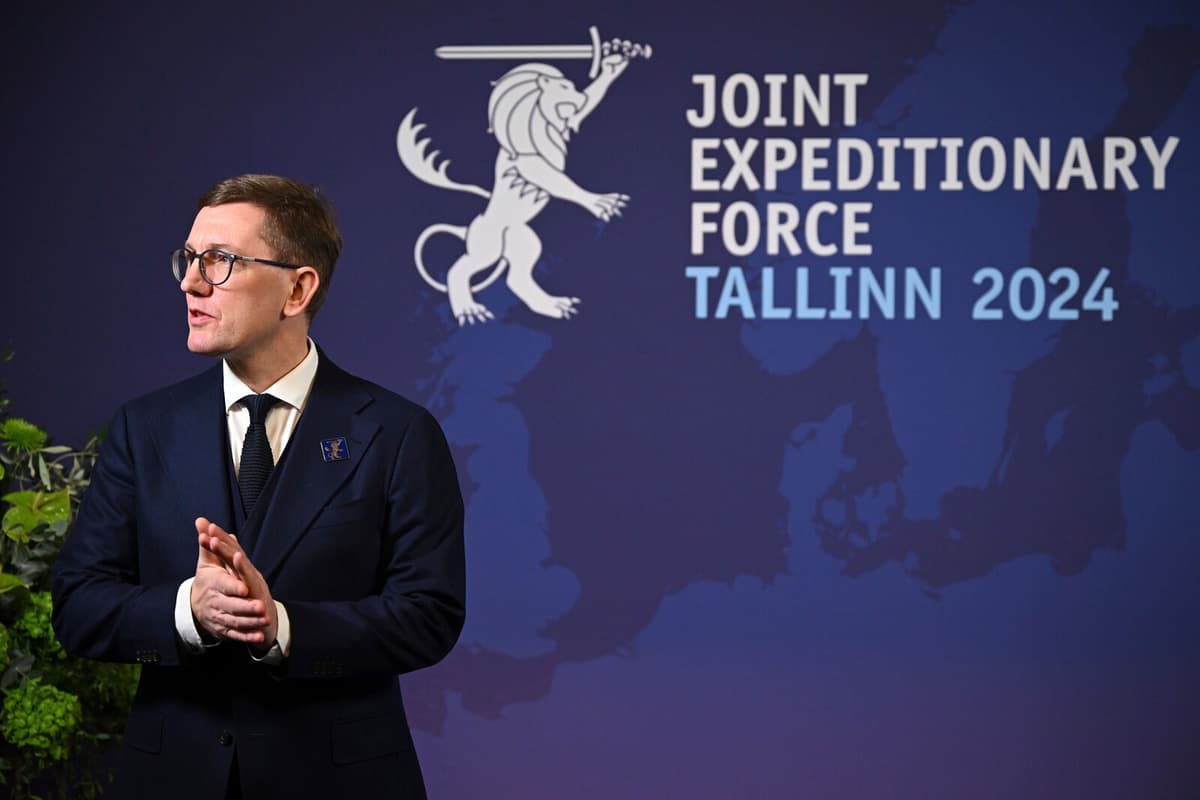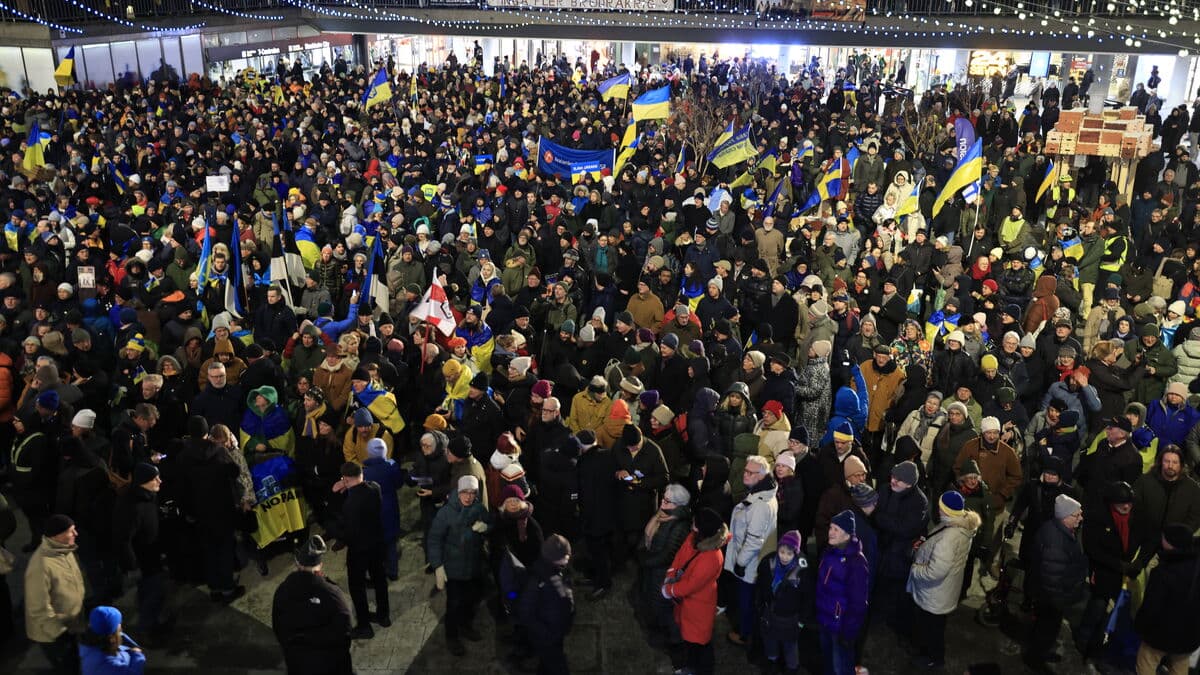The now-initiated measure involves ongoing efforts, under NATO and JEF auspices, being backed up by a British tool based on artificial intelligence. It collects data on vessels from a range of sources, including a system that displays vessel positions.
Track and Monitor
The British government states, in a press release, that the purpose is to protect vital infrastructure in the English Channel, the North Sea, the Kattegat, and the Baltic Sea. The system is intended to track and monitor potential threats and the Russian shadow fleet following reports of damage to a vital underwater cable in the Baltic Sea.
If the system alerts to a vessel due to its movements, the system will follow the vessel in real-time and simultaneously send out a warning to JEF members and NATO allies.
"Nordic Warden (editor's note: the name of the operation) helps us to protect ourselves against deliberate sabotage as well as cases of extreme negligence," says British Defence Minister John Healey in a press release.
Strengthen Security
Prime Minister Ulf Kristersson (The Moderate Party) says, in a press release from the Swedish government:
"Together with our allied neighboring countries, we are strengthening security in the surrounding area and will continue to work for both increased deterrence and increased resilience to counter threats to our critical underwater infrastructure."
In JEF (Joint Expeditionary Force), Nordic and Baltic countries, as well as the United Kingdom and the Netherlands, participate. The idea is that countries can quickly assemble a force if a crisis arises in Northern Europe. Sweden has been a member of JEF since 2017.
The countries exercise together, but only a few sharp operations have been carried out. The last time JEF countries patrolled the Baltic Sea to protect underwater cables was in 2023.






